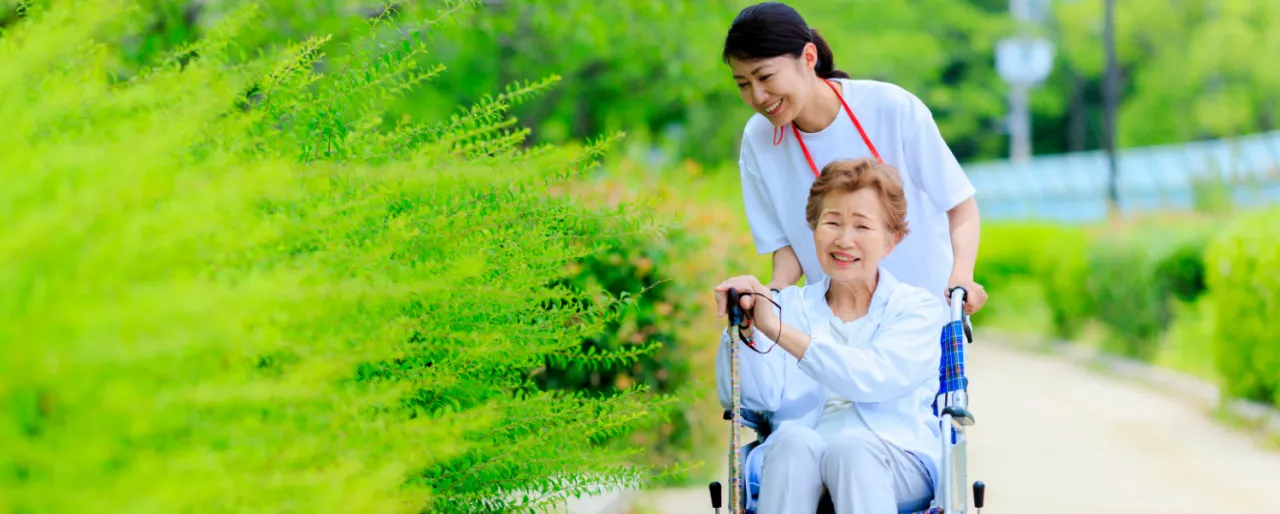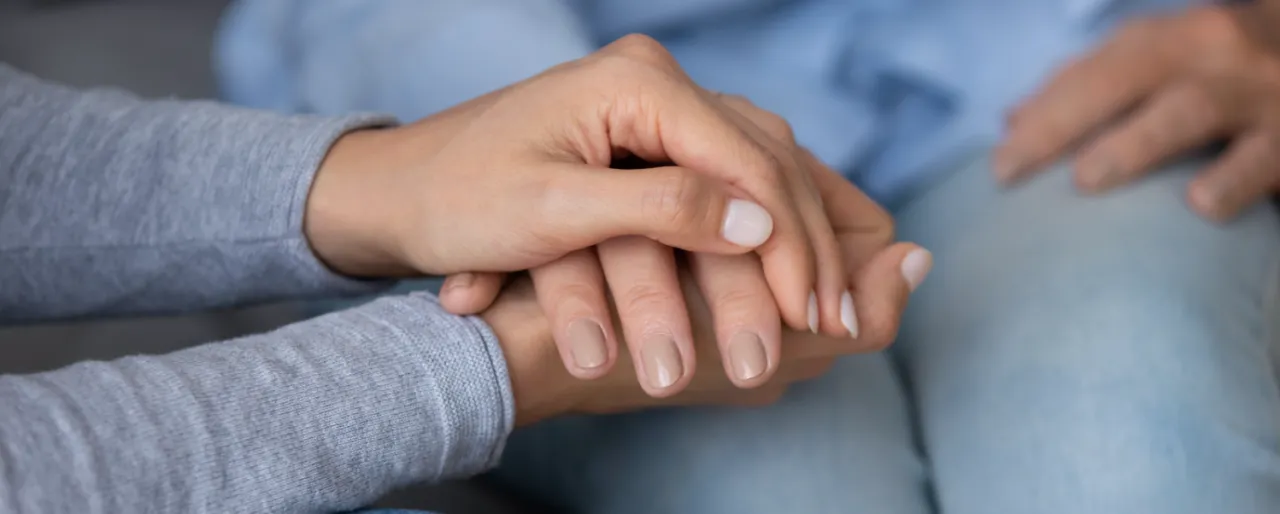When your loved one receives a cancer diagnosis, both your lives are forever changed. It’s normal to feel a range of emotions – overwhelmed, frightened, numb, unfocussed, lost and unprepared. The road ahead may seem daunting, and you will likely have lots of questions. Here you’ll find information on what to expect when caring for a loved one with cancer.
Take Care of Yourself as a Caregiver92


For most caregivers, being there when a loved one needs you can be very rewarding. However, on top of your usual work and household chores, you are also caring for a loved one with cancer, going to appointments with them, and making treatment decisions. With so much to do, it is only natural to feel angry, frustrated, exhausted, alone or sad. You may be a caregiver, but you still have your own needs to take care of.
Put time aside for yourself to do the things that you enjoy.
There are three types of activities that you are encouraged to do for yourself:
-

Activities that involve other people, such as having coffee with a friend.
-

Activities that give you a sense of accomplishment, such as finishing a book you have been meaning to read.
-

Activities that make you feel good and relaxed, such as watching a funny movie or taking a walk.
Take care of your own health and wellbeing
Other than ensuring that your loved one with cancer is eating right and exercising, you should maintain a healthy diet and exercise frequently.
Know what you can’t do
It’s normal to feel guilty if you are not able to do something for your loved one or feel like taking a break. But no one can be a caregiver for 24/7. So, it’s important to know when you are unable to do something and take a break from your caregiving responsibilities. Sometimes, having that brief respite will enable you to come back stronger and more refreshed in helping your loved one.
Accept Help


It’s normal to feel overwhelmed sometimes by caregiver responsibilities, so don’t be afraid to ask for help. There are a few ways you can ask for assistance:
Seeking help from other loved ones.
Be prepared with a list of ways that others can help you, and let the person helping you choose what he or she would like to do. For instance, someone could run your errands for you, pick up your groceries for you, or even take your loved one with cancer for a walk so you have some down time to yourself.
Seeking help from a support group.
Talking with others who are in situations like yours can help ease loneliness. You can also get useful ideas from others that might help you.
Seek professional help.
It’s normal to feel overwhelmed when you are a caregiver. However, if this feeling persists and becomes worse, it is important to seek professional help, as it may lead to depression and other health problems.
Click here to learn more about Tips and Guidance relating to other aspects of cancer care.




